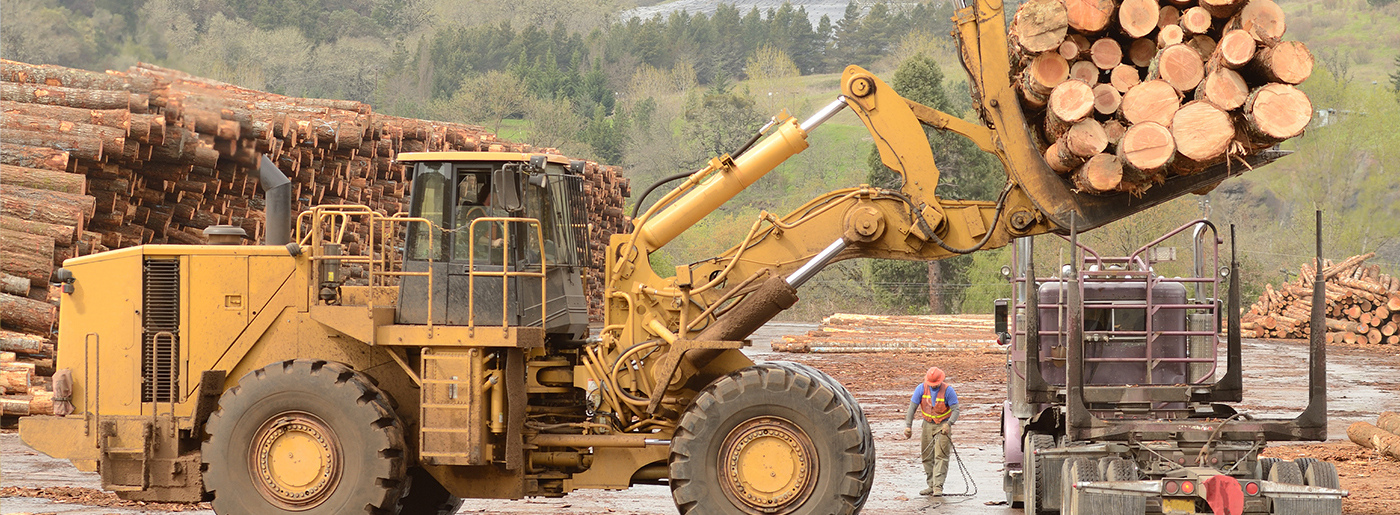“New research by leading industry bodies shows all of us how we can do more to shrink our carbon footprints”
The Timber Industry Net Zero Roadmap has shed a light on the UK timber industry’s carbon footprint – as well as how to shrink it. The new piece of research shows that the timber supply chain is responsible for 1,575,356 tonnes of CO2 equivalent (e) territorial emissions. This is about 0.35% of total UK emissions. It was created by Timber Development UK (TDUK) along with 11 UK timber trade associations, and represents a thorough effort to map and measure carbon emissions.
A comprehensive look at the UK’s timber supply chain
The first step in creating the new report was figuring out the size of the problem it was trying to solve. The good (but not unexpected) news is that, after 12 months of analysis by experts, the research shows that CO2 emissions from the timber industry are much lower than those from steel production (12 million tonnes CO2, 2.7% of UK emissions) and concrete production (7.3 million tonnes CO2, 1.5% of UK emissions).
However, the report doesn’t confine itself to timber produced in the UK – it also wants to change the 3,655,715 tons of CO2e that come from processing wood products in the country of origin and are imported here. Adding this factor in to the emissions from the UK’s territories shows that the timber industry is responsible for about 0.68 percent of the country’s total emissions. That’s still less-than half the amount produced by concrete production – but almost double that created by UK timber production alone.
Looking into the numbers in more depth, 49% of the total emissions from consumption come from transporting wood products, and 34% come from materials that are brought in from other countries. The other 17% comes from waste and production processes in the UK industry.
Charlie Law, who is in charge of sustainability at TDUK, wants to challenge the idea that the timber supply chain has little control over its emissions simply because it starts with a low-carbon product. Just because timber is a sustainable material doesn’t mean the industry itself is doing everything it can to promote environmentally friendly practices. Best of all, these practices aren’t just good for the environment – they can be good for business’s bottom lines too. He said:
“There are some really quick wins in there for businesses – wherever you are in the supply chain – which can be put in to practice now. And if you reduce your carbon, you reduce your costs.”
The roadmap, as well as a set of 10 high-level policy recommendations, are being made freely available for all businesses in the wood supply chain to use.
These policy recommendations include getting industries to work together to better measure carbon. They also include set dates and actions to reduce the intensity of emissions from road transport, manufacturing, and other areas, as well as tools to help busing make the changes.
Meanwhile, the roadmap is available for download at https://timberdevelopment.uk/resources/net-zero-roadmap if you want to take a look.
If you’re looking to increase the use of timber in your next project and want to decrease your carbon footprint, call Quercus on 0845 50 50 311. All our timber is ethically and sustainably sourced, and we can help you pick a variety that works perfectly for what you’ve got in mind.

